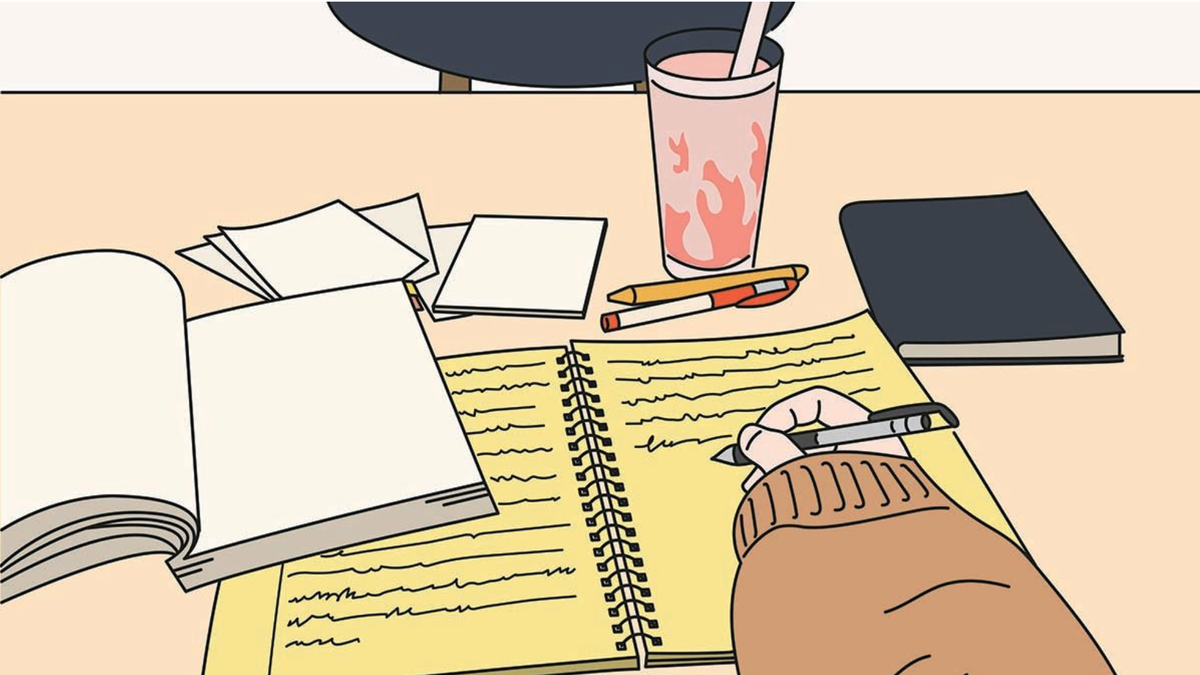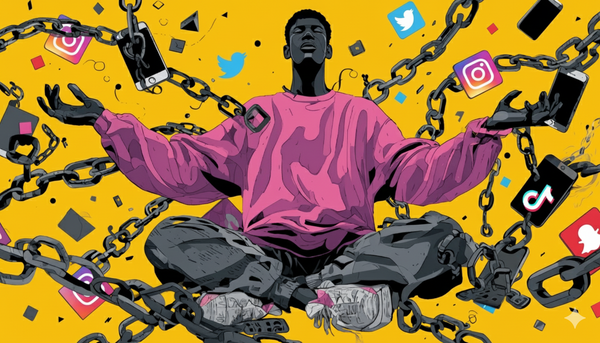Why we might need to give up on our Plan B

I love a Plan B. And a Plan C. And a Plan D. I am someone with an eternal number of alternate plans. But, says two business professors, this hedging of plans might have negative consequences.
Jihae Shin of the University of Wisconsin and the University of Pennsylvania’s Katherine Milkman found in their study that just thinking about a Plan B can diminish the amount of effort you’ll put into your Plan A, making it less likely that you’ll actually achieve whatever you set out to do.
Plan A-Ok? 👌
In one experiment, they asked strangers at a train station to write a description of a goal, how hard they were working to achieve it, and whether they had a backup plan if their goal didn’t pan out; the people who answered “yes” to the last question, they discovered, also weren’t hustling as much to execute their original plan. Other experiments, in which undergrads completed puzzles in exchange for a reward, yielded a similar pattern.
However, their findings come with one key caveat. The study only looked at goals that depended solely on personal effort, not on any outside circumstances, like having a tight bank account or family obligations, two things that might make it hard to quit your day job and travel the world.
Some plans can be willed into being just through sweat and determination; others take good timing, disposable income, and luck. For the ones in that second category, having a backup still couldn’t hurt.





